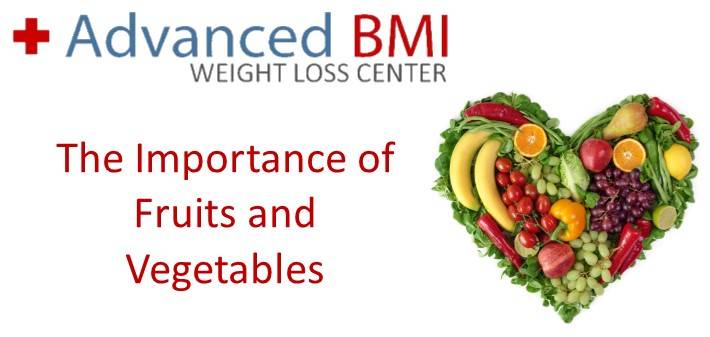Summary: Everyone knows that fruits and vegetables are an essential part of a healthy diet, and the US Department of Agriculture guidelines state that we should have no less than five servings daily, yet the average American eats only around three servings a day.
Everyone knows that fruits and vegetables are an essential part of a healthy diet, and the US Department of Agriculture guidelines state that we should have no less than five servings daily, yet the average American eats only around three servings a day.
Many people compensate for their lack of fruit and vegetable intake by taking supplements. However, research shows that these are no replacement to the nutrients found in fresh fruits and vegetables, because these nutrients work together. For example, eating spinach, which is rich in iron, and drinking orange juice, which enhances the absorption of iron thanks to the presence of vitamin C, is beneficial for people who do not have enough iron or have iron-deficiency anemia.
Not only do fruits and vegetables improve existing diseases or conditions, but they also aid in preventing many illnesses, including strokes and diabetes. One study that spanned 14 years and followed over 100,000 people concluded that an increase in daily consumption of fruits and vegetables led to a decrease in the chance of developing cardiovascular diseases.
Researchers have also taken an interest in the correlation between fruits and vegetables and cancer. Not much is definitive yet, but evidence suggests that certain vegetables such as broccoli, leafy greens, and cabbage may lessen the likelihood of mouth, stomach, and colorectal cancers because these vegetables do not contain starch.
Another condition that can be prevented with fruits and vegetables is overweight or obesity, which can also lead to a vast array of life-threatening diseases. Because they are low in fat and calories, and contain lots of fiber and water, fruits and vegetables can make you feel full without increasing your caloric intake by much.









